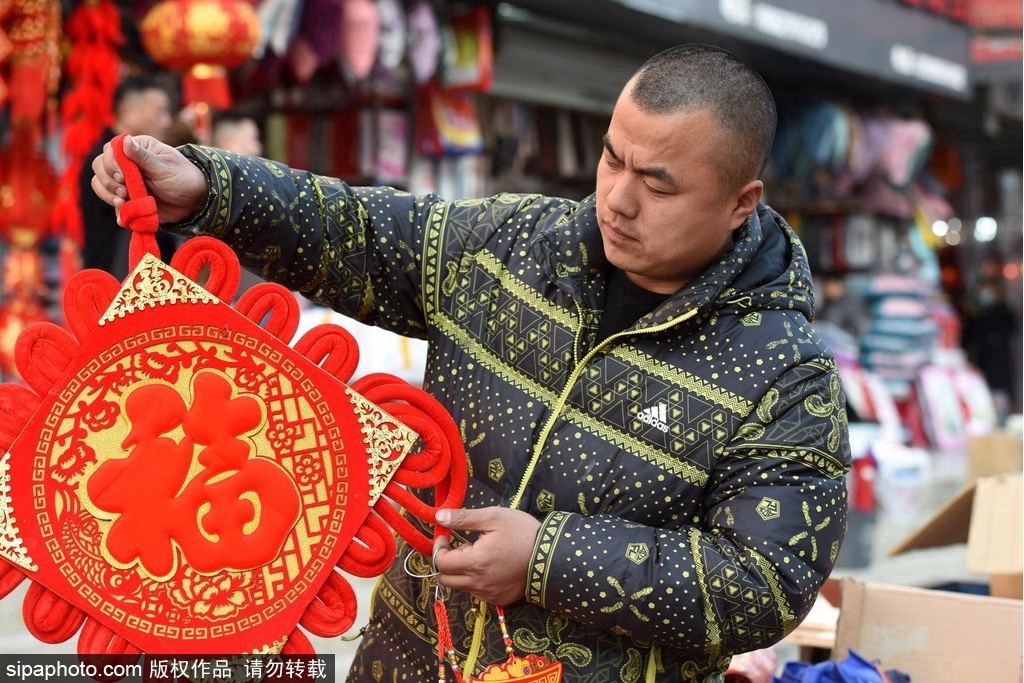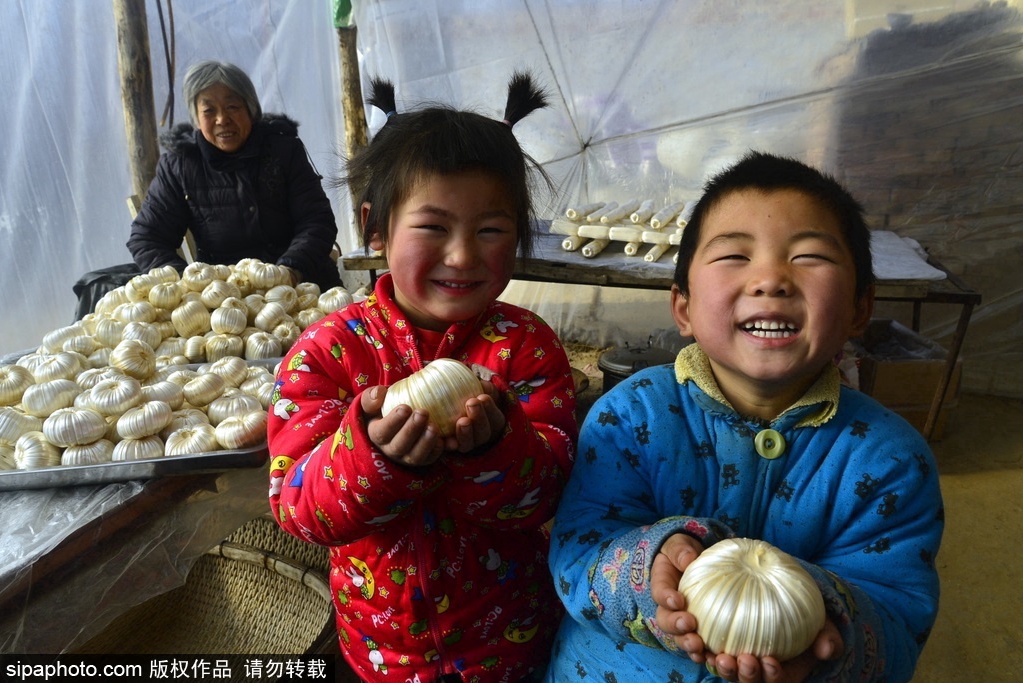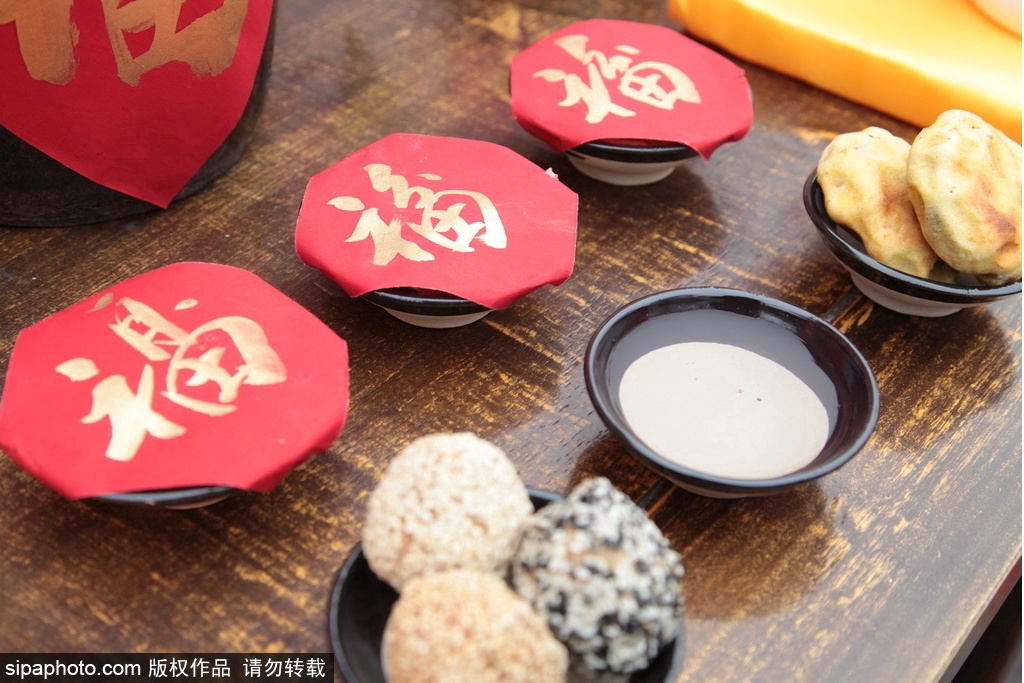In the Chinese lunar calendar, the 23rd or 24th of the 12th month are the Kitchen God Festival days, also known as "Little New Year"(Chinese: Xiaonian). Xiaonian usually refers to the day when people sweep the dust and worship the Kitchen God. The folk custom of sacrificing to the Kitchen God originated from the tradition of worshipping fire in ancient times. The duty of the Kitchen God is to control the stove and manage the food, and later it was expanded to examine the behaviors on earth, bringing blessings and disasters. The belief of the Kitchen God reflects people's pursuit of abundant food and warm clothing. According to a local record of customs in the Jin Dynasty, "On the night of the 24th day of the lunar month, people worship the Kitchen God."

Learn more about the origin of Chinese Little New Year
http://english.visitbeijing.com.cn/a1/a-XFUQGE3D7375EF2C62CC87
On the day of Little New Year, people buy some sweets made of malt sugar, such as Tang Gua and Guandong candy, to sacrifice to the Kitchen God. The purpose is to make him say more good things when he reports to the Jade Emperor. In addition, it also has the intention of sticking the mouth of the Kitchen God with sugar to prevent him from saying bad things.

Learn more about the food of Chinese Little New Year
http://english.visitbeijing.com.cn/a1/a-XFUQGE1910EAD243FF79A4
One of the most distinctive traditions of Little New Year is the burning of a paper image of the Kitchen God, dispatching the god's spirit to Heaven to report on the family's conduct over the past year. The Kitchen God is then welcomed back to the home through the pasting of a new paper image of him beside the stove.

Learn more about the customs of Chinese Little New Year
http://english.visitbeijing.com.cn/a1/a-XFUQGEC1218EA4AF9EA043
Based on current situation, festival origins, festival customs and other elements, wise Chinese people create a large number of idioms and proverbs to describe a specific concept or phenomenon. With cathy rhythms and lyrics, these idioms and proverbs form an integrated part of Chinese language and vividly illuminate Chinese people's wisdom and positive attitudes.

Learn more about the idioms of Chinese Little New Year
http://english.visitbeijing.com.cn/a1/a-XFUQGE9D71211B291981D9



